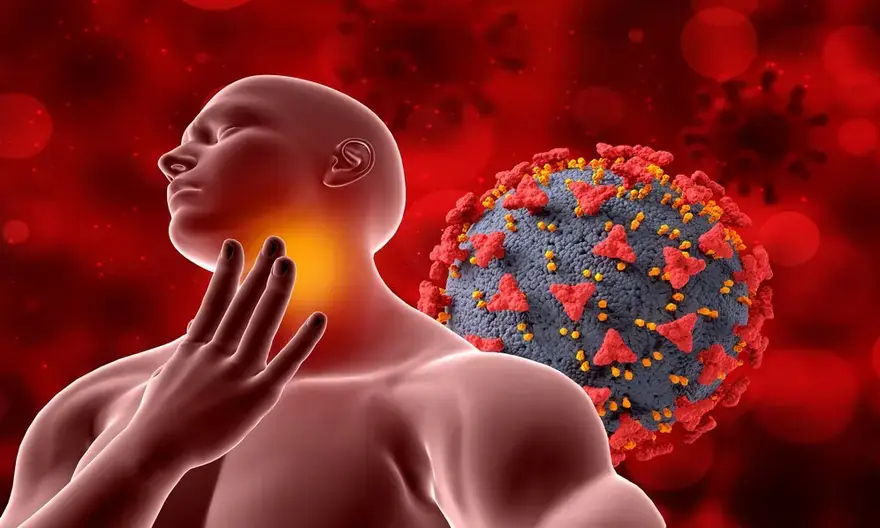APTT Test (Activated Partial Thromboplastin Time) in Tardeo
58+ booked in last 3 daysAPTT Test Overview
APTT test enables doctors to examine your body’s ability to form blood clots.
APTT is a coagulation test that measures the time taken to form a blood clot. In case of an injury causing bleeding , the proteins in blood form a coagulation pathway or cascade to stop the bleeding by forming clots. The activated partial thromboplastin time (APTT) test measures the functionality of the intrinsic and common pathways of the coagulation cascade. (Factor XII, XI, IX, VIII, X, V, II and Fibrinogen).
WRITTEN BY: Dr.Shibani R Medical Writer, Medical Affairs
APTT Test (Activated Partial Thromboplastin Time) Price in Tardeo
Metropolis Healthcare is a leading diagnostics centre and pathology lab in India equipped with the latest state-of-the-art technologies that provides the APTT Test (Activated Partial Thromboplastin Time) with a clear pricing structure
The price of APTT Test (Activated Partial Thromboplastin Time) in Tardeo is ₹ 700
We are committed to deliver accurate and quality results from the best labs in India with complete transparency regarding test cost and turnaround time. No matter where you are, we strive to offer patients high-quality service that is affordable and accessible.
Frequently Asked Questions
It should be measured to investigate a bleeding or thrombotic episode. It helps evaluate the risk of excessive bleeding prior to a surgical procedure. Also, to monitor heparin anticoagulant therapy.
Your health practitioner may recommend this test for you if you show symptoms of prolonged and excessive bleeding which includes:
- Frequent nosebleeds
- Blood in urine
- Heavy menstruation for women
- Painful and swollen joints
- Easy bruising
The activated partial thromboplastin time is a functional measure of the intrinsic and usual pathways of the clotting cascade. To form blood clots, to seal off injuries, to blood vessels and tissue, to restrict further blood loss, and to give the damaged areas time to seal the body using the coagulation cascade. The cascade contains a group of clotting factors. These proteins are activated serially along either the extrinsic or intrinsic pathways.
The branches then come together into the common pathway, and complete their task with the formation of a steady blood clot. These three pathways have to work when a person starts bleeding. Each component of the coagulation cascade must be working properly and be present in enough quantity for normal blood formation. Stable clot formation will be inhibited and excessive bleeding and/or clotting may occur if there is an inherited or assimilated deficiency in one or more of the factors, or if the factors are functioning unusually. The test measures the amount of time that it takes for clotting to happen when reagents are added to plasma in a test tube.
Ratings & Reviews (0)
Why Metropolis?
Metropolis has a team of 200 senior pathologists and over 2000 technicians delivering diagnostic solutions in the areas of routine, semi specialty and super specialty domains like Oncology, Neurology, Gynaecology, Nephrology and many more.
We offer a comprehensive range of 4000+ clinical laboratory tests and profiles, which are used for prediction, early detection, diagnostic screening, confirmation and/or monitoring of the disease.



.png)














1736506020.webp)

 WhatsApp
WhatsApp